Ending Global Apartheid: 20th Anniversary Commemoration of the Durban World Conference against Racism, Racial Discrimination, Xenophobia, and Related Intolerance
Place of Publication: Johannesburg, South Africa
Date of Publication: August 2021
Between 31 August and 8 September 2001, the world converged in South Africa’s port city of Durban, for the United Nations (UN) “World Conference Against Racism, Discrimination, Xenophobia, and Related Intolerance”. The summit attracted 2,300 delegates from 163 countries, 4,000 civil society actors, and 1,100 media practitioners. The 2001 Durban Conference aimed to combat the legacies of slavery, imperialism, and colonialism, and to engage on diverse historical issues that confronted Africans, and their diaspora, those of Asian descent, and other indigenous peoples.
To reflect on the impact of, and fight against, racism, xenophobia, and related intolerance, the Institute for Pan-African Thought and Conversation in South Africa, in collaboration with South Africa’s Department of International Relations and Cooperation (DIRCO), and the Office of the UN High Commissioner for Human Rights (OHCHR), organised a webinar on 30 July 2021 under the theme “20th Commemoration of the World Conference Against Racism, Racial Discrimination, Xenophobia, and Related Intolerance (Durban+20): Reflections on Youth and Racism Twenty Years Later”. The meeting also commemorated the 45th anniversary of the 1976 Soweto uprising, and sought to reignite in the minds of young people, the spirit of the “Nelson Mandela-Mary Robinson Pledge” to forge a common humanity. In order to achieve greater policy impact, the webinar laid a foundation for the upcoming UN General Assembly debate on “Reparations, Racial Justice, and Equality for People of African Descent”, in New York in September 2021.
Dr Naledi Pandor, South Africa’s Minister of International Relations and Cooperation; Ms Michelle Bachelet, the UN High Commissioner for Human Rights; Ms Tendayi Achiume, the UN Special Rapporteur on Contemporary Forms of Racism; Ms Abigail Noko, Regional Representative of the UN High Commissioner for Human Rights; Ms Malaika Mahlatsi, an activist with the Pen and Azanian Revolution; and Professor Adekeye Adebajo, Director of UJ’s IPATC, spoke at the event. This report, produced solely by IPATC, is based on key discussions and policy recommendations that emerged from the meeting, as well as additional research.
Download PDF for further information:
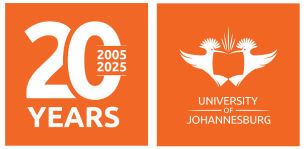



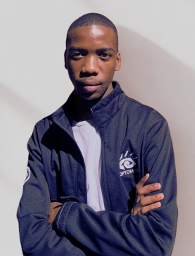



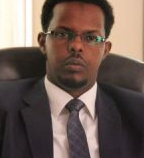
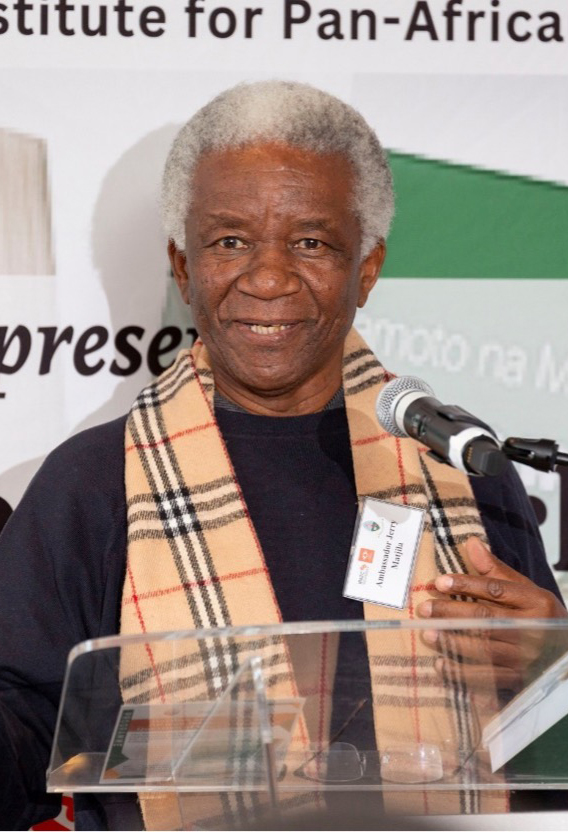


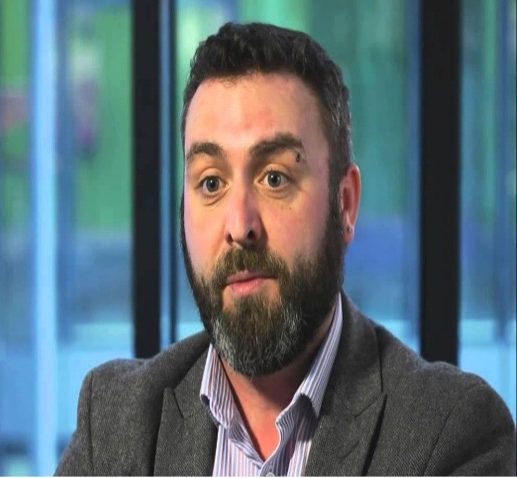



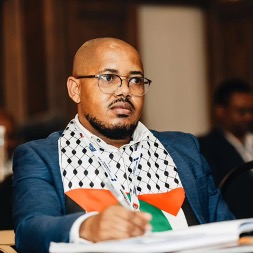



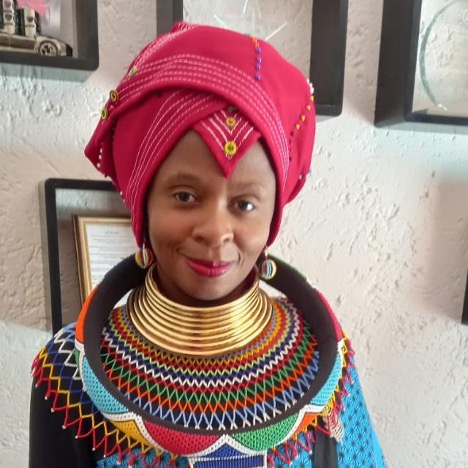


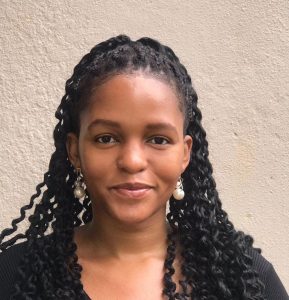

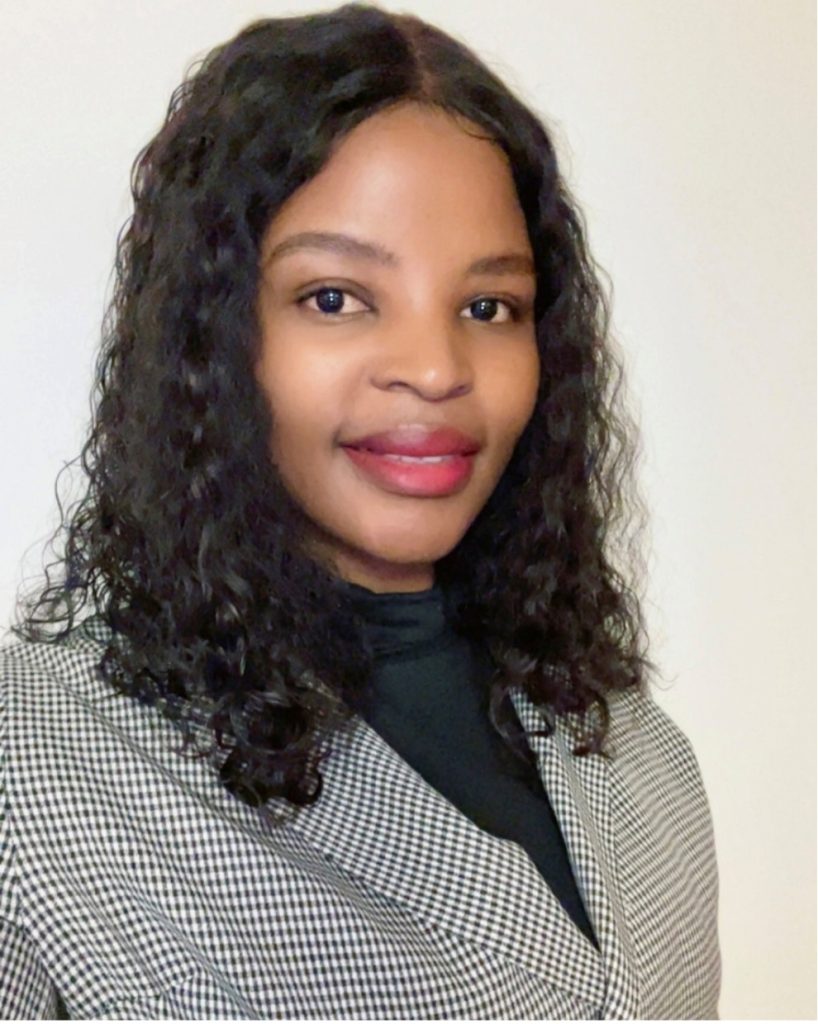
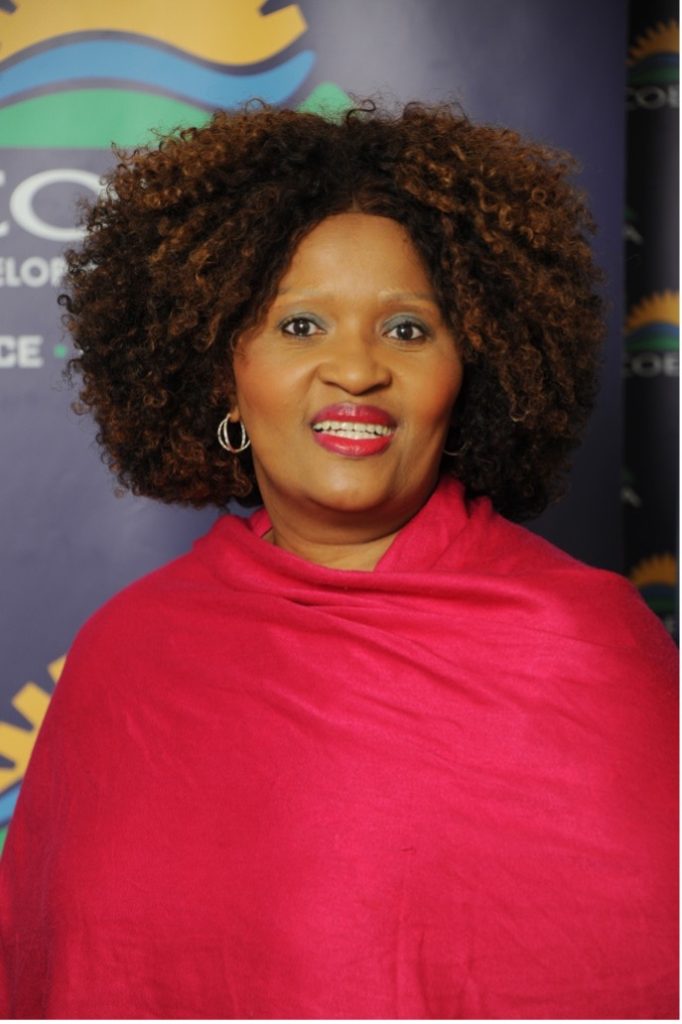





























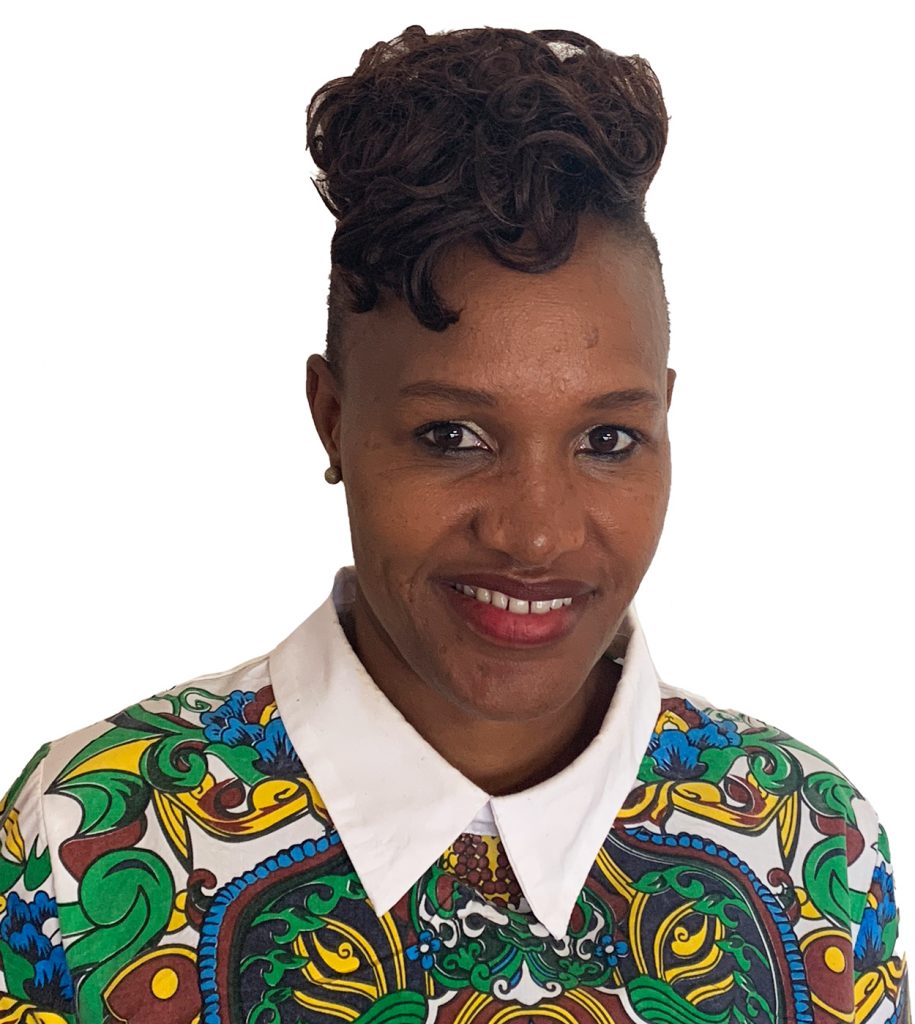

 Ms Zoliswa Ntsoko (South Africa) is the Institute’s Administrative Assistant who assists with general administration and research. She is a seasoned professional with a background in Disaster Management. She holds an Advanced Diploma in Management from Milpark Business School, and a Post Graduate Diploma in Public Management from Regenesys Business School. She also holds certificates in Project Management, and in Disaster Management. Previously, she has worked as a Disaster Management Specialist at the City of Johannesburg – Disaster Management Centre.
Ms Zoliswa Ntsoko (South Africa) is the Institute’s Administrative Assistant who assists with general administration and research. She is a seasoned professional with a background in Disaster Management. She holds an Advanced Diploma in Management from Milpark Business School, and a Post Graduate Diploma in Public Management from Regenesys Business School. She also holds certificates in Project Management, and in Disaster Management. Previously, she has worked as a Disaster Management Specialist at the City of Johannesburg – Disaster Management Centre. Ms Cecilia Lwiindi Nedziwe-Moyo is the Research Coordinator at the Institute for Pan-African Thought and Conversation. She previously served as a Regional Coordinator at the Centre for Peace Initiatives in Africa (CPIA) in Zimbabwe between 2007 and 2013. She completed her master’s degree in International Studies, Peace, and Conflict Resolution at the University of Queensland in Australia as a Rotary Peace Scholar. She has just completed her doctoral studies at Rhodes University. Her areas of interest include: gender, foreign policy, regional organisations and conflict resolution.
Ms Cecilia Lwiindi Nedziwe-Moyo is the Research Coordinator at the Institute for Pan-African Thought and Conversation. She previously served as a Regional Coordinator at the Centre for Peace Initiatives in Africa (CPIA) in Zimbabwe between 2007 and 2013. She completed her master’s degree in International Studies, Peace, and Conflict Resolution at the University of Queensland in Australia as a Rotary Peace Scholar. She has just completed her doctoral studies at Rhodes University. Her areas of interest include: gender, foreign policy, regional organisations and conflict resolution.



 Ms Thembeka Somtseu is a seasoned professional with a background in the textile and construction sectors. She holds a National Diploma in Business Administration from the Durban University of Technology, and studied Development Communication and Media Studies at the University of the Witwatersrand. She worked as a corporate communications specialist for more than ten years, serving in both local and multinational companies.
Ms Thembeka Somtseu is a seasoned professional with a background in the textile and construction sectors. She holds a National Diploma in Business Administration from the Durban University of Technology, and studied Development Communication and Media Studies at the University of the Witwatersrand. She worked as a corporate communications specialist for more than ten years, serving in both local and multinational companies.